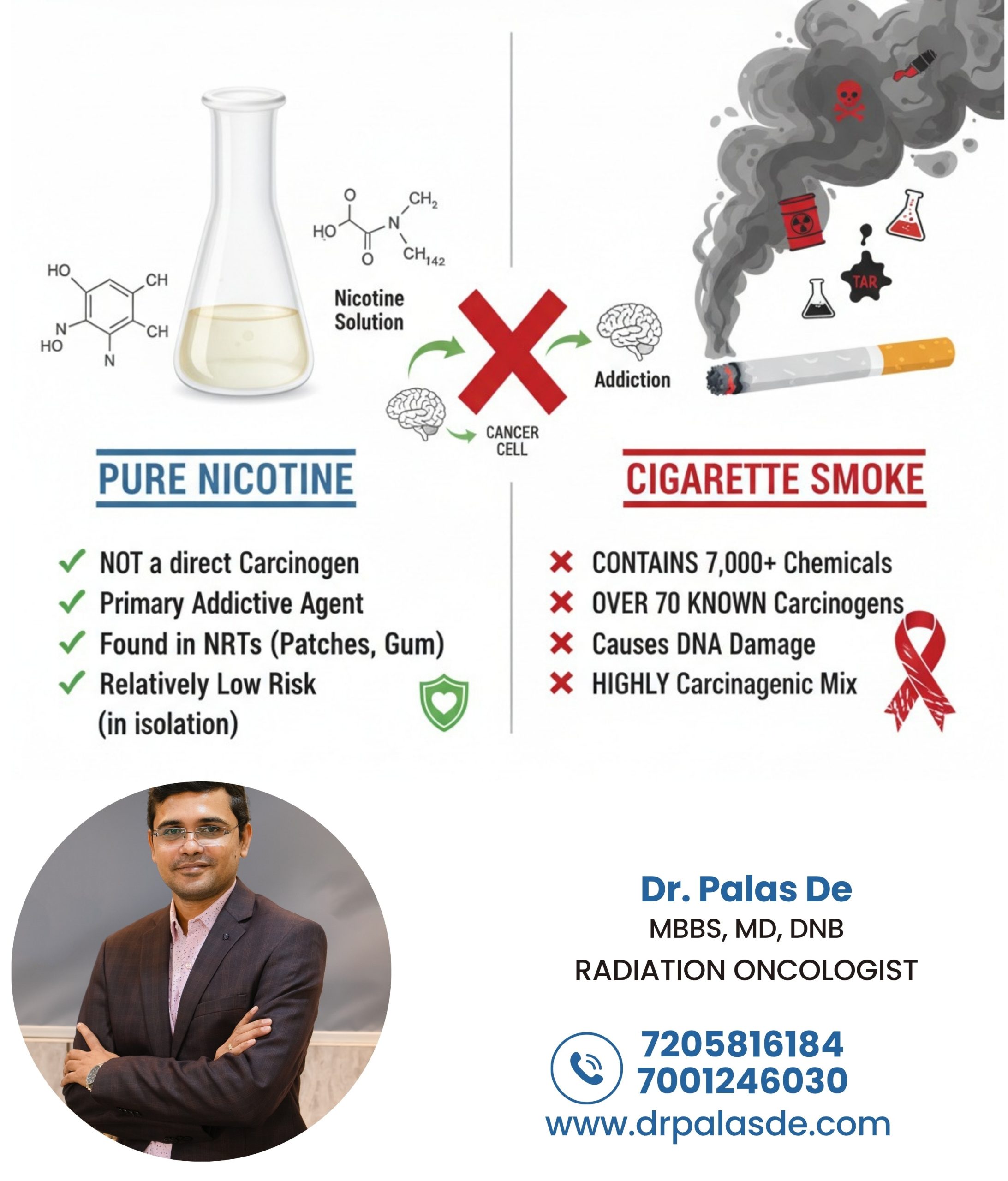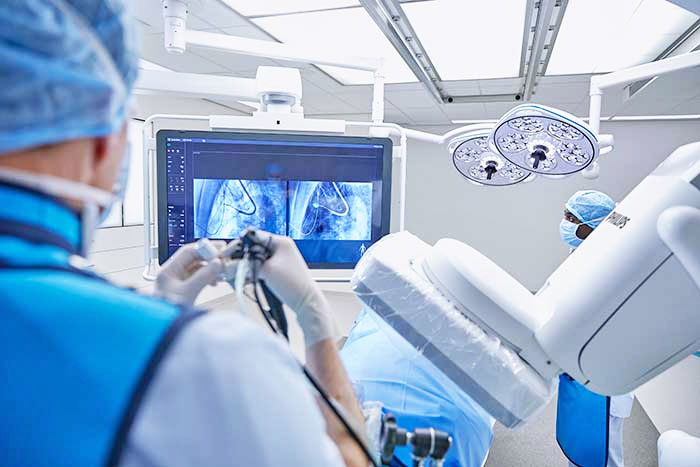

Dr. Palas De
M.B.B.S, MD, DNB
Radiation Oncologist
Menu

M.B.B.S, MD, DNB
Radiation Oncologist
Home » Knowledge Center » New Advances in Cancer Treatment: What Patients Need to Know

Cancer is a complex disease, and there is no one-size-fits-all treatment. However, there have been many advances in cancer treatment in recent years, which has led to improved outcomes for patients.
Here are some of the most promising new advances in cancer treatment:
These are just a few of the many new advances in cancer treatment. As research continues, it is likely that even more effective treatments will be developed in the years to come.
What patients need to know
If you have been diagnosed with cancer, it is important to stay up-to-date on the latest advances in treatment. Talk to your doctor about the different treatment options available to you, and ask about any clinical trials that may be relevant to your cancer.
It is also important to remember that cancer is a very personal disease, and what works for one person may not work for another. It is important to find a treatment plan that works for you and that you are comfortable with.
There are many resources available to help you cope with cancer and its treatment. Talk to your doctor, your cancer care team, or a cancer support group about the resources that are available to you.
The future of cancer treatment
The future of cancer treatment looks bright. With continued research, it is likely that even more effective treatments will be developed in the years to come. These treatments will likely be more personalized and less toxic than current treatments, and they will offer patients a better chance of survival.
If you have been diagnosed with cancer, it is important to remember that you are not alone. There are many people who are working to find a cure for cancer, and there are many effective treatments available. With the right treatment, you can live a long and healthy life.








M.B.B.S, MD, DNB
Radiation Oncologist